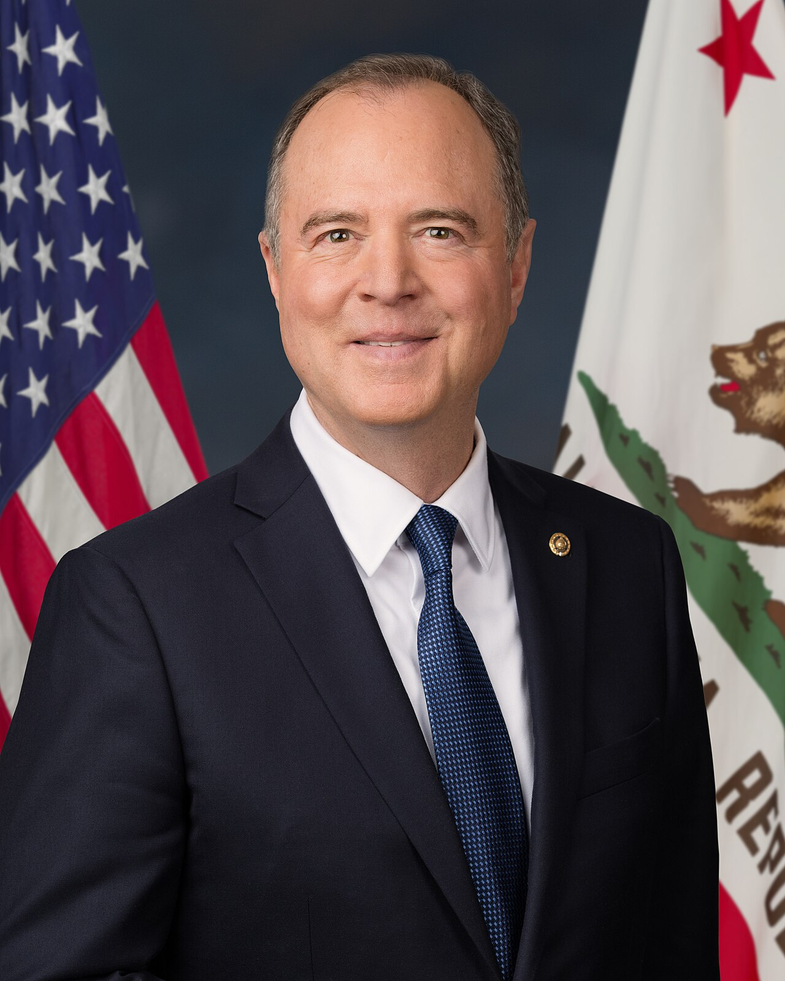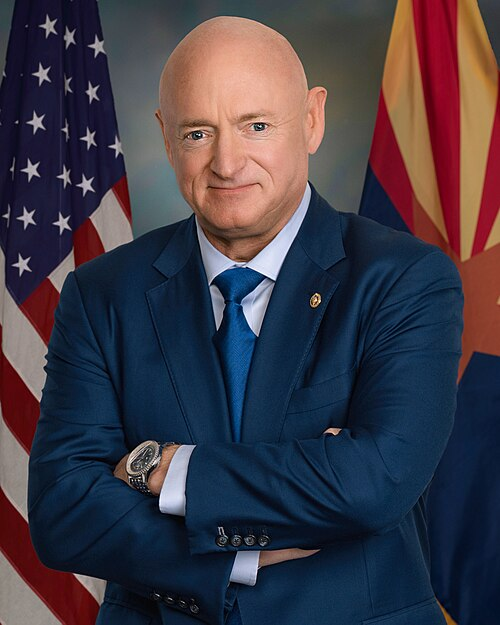S. 2219: Bringing Executive Accountability, Clarity, and Oversight Now Act
This bill, called the Bringing Executive Accountability, Clarity, and Oversight Now Act (BEACON Act), proposes several changes to the oversight of the Executive Office of the President (EOP) by establishing an Office of Inspector General (OIG) specifically within the EOP. Below are the main provisions of the bill, explained in simpler terms:
1. Establishment of the Office of Inspector General
The bill seeks to amend the existing Inspector General Act of 1978 to create and formalize an Inspector General office within the Executive Office of the President. This office will be responsible for auditing and overseeing the operations and activities of the EOP, providing a layer of accountability in the government.
2. Appointment of the Inspector General
Within 120 days of the bill being enacted, the President is required to appoint an Inspector General for the EOP. This appointment must follow certain qualifications outlined in existing law.
3. Powers and Limitations
The Inspector General will have specific powers to conduct audits and investigations but will also be under certain restrictions:
- The President can restrict the Inspector General from initiating or completing any audit or investigation if it involves sensitive information like the identity of confidential sources or matters of national security.
- If the President uses this authority, they must inform the Inspector General and provide a written notice within 30 days explaining the reasons.
4. Reporting Requirements
The Inspector General of the EOP will be required to prepare semiannual reports detailing their findings, including:
- Descriptions of completed corrective actions for significant recommendations.
- Certification on whether they had full access to needed information.
- Details on any audits or evaluations where access to information was limited due to presidential restrictions.
- Recommendations to improve efficiency and reduce waste in presidential programs.
These reports must be submitted to both the President and Congress at specified times during the year.
5. Audits of the Inspector General's Office
To ensure the effectiveness of the new Office of Inspector General, an independent body, the Council of Inspectors General on Integrity and Efficiency, must conduct an audit of this office shortly after it is established, and annually thereafter. They will report their findings to Congress.
6. Evaluations on Classification Practices
The Inspector General is mandated to conduct evaluations on the classification of information within the Executive Office to ensure that classification rules are properly followed. This will include identifying any procedures that may lead to excessive classification of materials and recommending improvements. The evaluations must be done within specific time frames, and reports submitted afterward.
7. Technical Amendments
The bill includes technical changes to existing laws to incorporate the new provisions for the Office of Inspector General and its reporting and auditing processes.
Relevant Companies
None found
This is an AI-generated summary of the bill text. There may be mistakes.
Sponsors
3 bill sponsors
Actions
2 actions
| Date | Action |
|---|---|
| Jul. 09, 2025 | Introduced in Senate |
| Jul. 09, 2025 | Read twice and referred to the Committee on Homeland Security and Governmental Affairs. |
Corporate Lobbying
0 companies lobbying
None found.
* Note that there can be significant delays in lobbying disclosures, and our data may be incomplete.
Potentially Relevant Congressional Stock Trades
No relevant congressional stock trades found.


